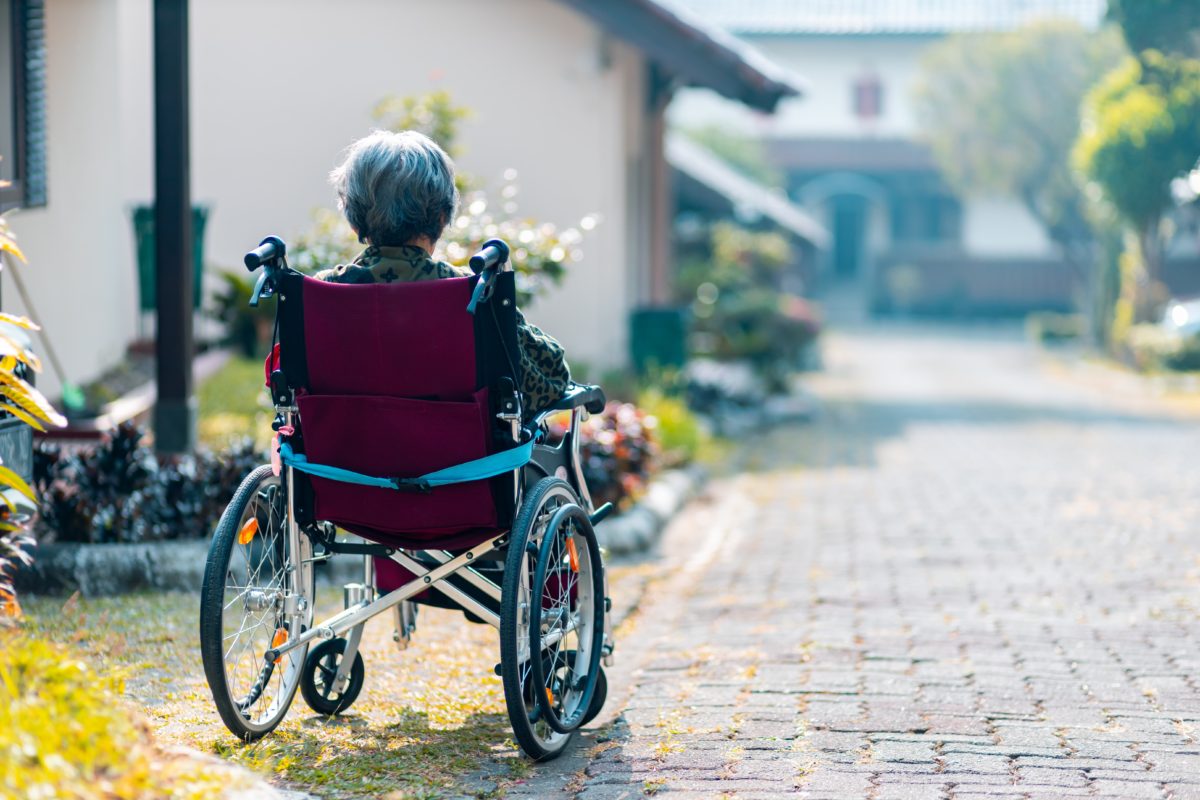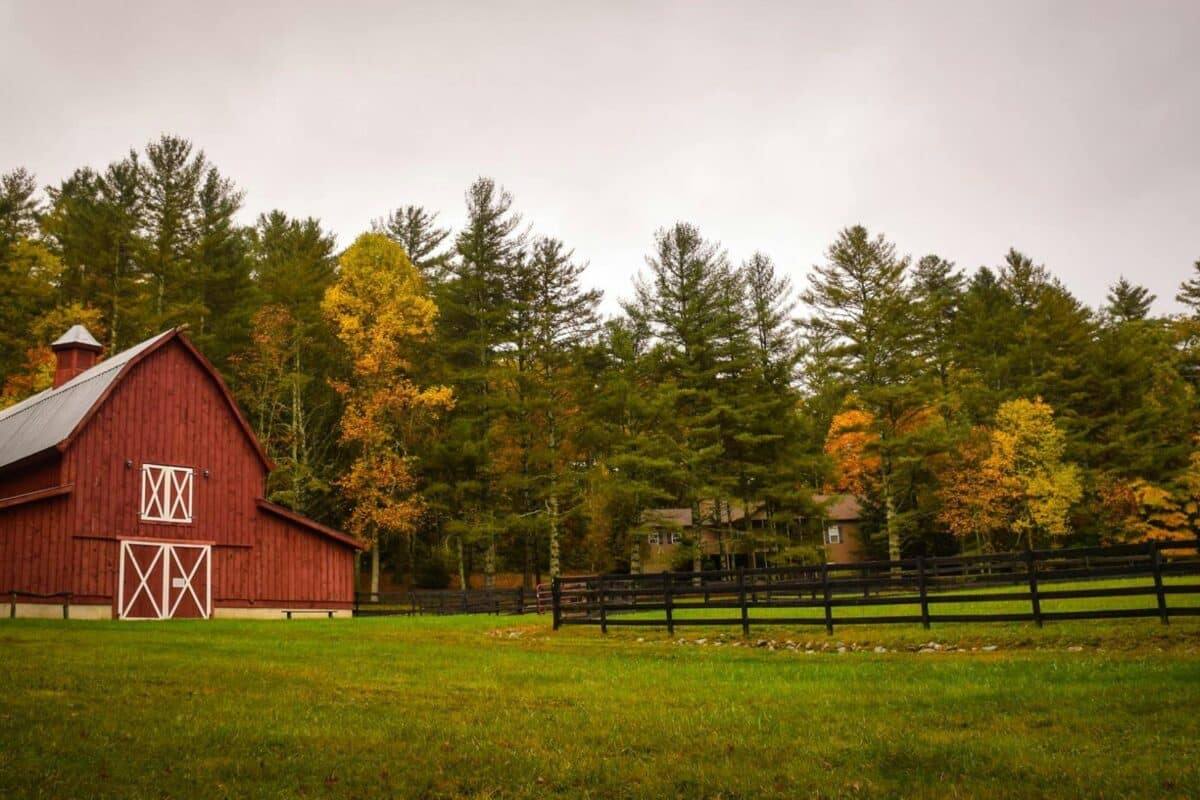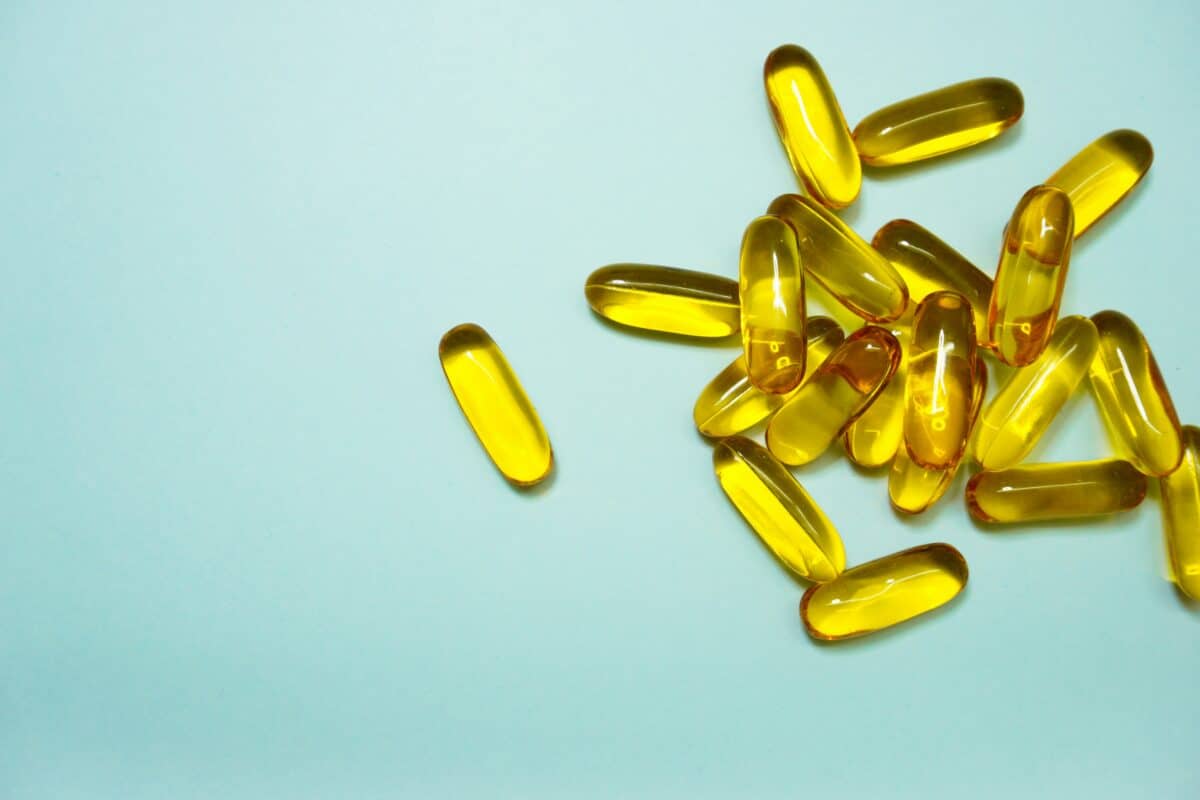 “We never know the worth of water till the well is dry.” ― Thomas Fuller
“We never know the worth of water till the well is dry.” ― Thomas Fuller
Michael, my ex-boyfriend in San Francisco, was well informed. For years, he owned and edited a weekly newspaper that covered political and social issues. Instead of zoning out in front of a TV, he listened to NPR. This was back in the days when either ESPN or HBO, or both, flashed incessantly in my three-room home. I couldn’t imagine knowing, let alone caring, about serious matters.
Frankly, I thought Michael a bore. He noticed things that didn’t matter to me. For example, his favorite San Francisco neighborhood, DuBoce, buried power lines underground. Michael hatched many theories. The only one I now remember is why cancer rates continue to climb in the U.S. despite medical breakthroughs—water.
Drinking water, in many parts of the U.S., is toxic.
A decade after my relationship with Michael ended, I find I spend a lot of time thinking about water. Years of travel through South Asia will do that. Packing light, I leave out plenty of items I think I can’t live without when I’m in the States—mascara, shoes that match my dresses, jeans. Instead I take along two water filtration systems in case one fails or goes missing. Traveling makes me realize I can live without a lot of things. Potable water is not one of them.
According to various Google searches, on average a human being can live three minutes without air, three weeks without food, and three days without water. When I catalog the things that are most important to me, I rank them as follows: air, water, every other necessity.
Water is the most precious, most valuable, most beneficial of our natural resources.
I now live in Northeast Pennsylvania, in an area of the country notorious for environmental and health indifference. Deforestation (old-growth trees are considered endangered in Pennsylvania), strip mining, coal mining, lax emissions standards categorize the Keystone State. Things here continue to worsen. Now, thanks to oil and gas companies, the farmlands of Northeast Pennsylvania are subjected to hydraulic fracturing. The water, ground, and every crop grown here is infused with the toxic chemicals used for fracking.
I can’t imagine what it’s like to be a Pennsylvania legislator. How do you navigate pulling one of the most depressed economies out of a financial quagmire and say no to the oil and gas companies rushing in, promising economic boon? If you’re a landowner pursued by the oil and gas companies, how do you turn down easy money?
It’s a conundrum.
Perhaps inspired by reminiscing about Michael, I’ve begun developing my own theories. It doesn’t take a reporter’s nose to realize there is a direct correlation between toxic tap water and economic hardship. The poorest places in the world have the worst drinking water. Conventional wisdom observes that poor people can’t afford quality drinking water.
I’m wondering if it’s possible to reverse the paradigm, to employ inverse reasoning. Perhaps the key to eliminating poverty is to gain control of healthy drinking water?
In other words: if people have access to healthy, delicious drinking water, will they prosper?




I like your theory. It reminds me of hearing a Thai man on Ted.com who equated lowering the birth rate in order to upgrade the economy. It worked. So, clean water equals healthy economy. Interesting and plausible.